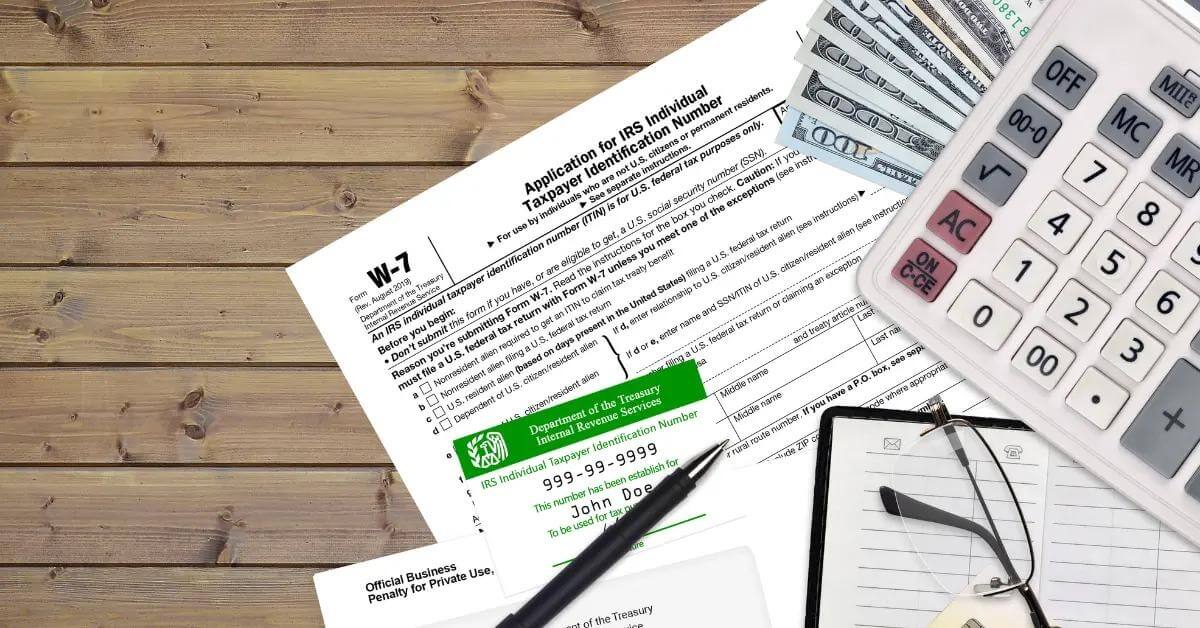What is FBAR reporting and when is it required? It doesn’t matter if you live in the United States or overseas. If you have a financial interest or any authority over one or more foreign financial accounts, and if the value of the foreign financial accounts is more than $10,000 at any time during the calendar year, you need to file an FBAR.
What is FBAR? FBAR stands for Foreign Bank and Financial Accounts. You must file FBAR electronically through the Financial Crimes Enforcement Network’s BSA E-Filing System.
The U.S. government has its own special date and way they want you to file FBAR. They most definitely don’t want you to file your FBAR with your federal tax return.
Just don’t skip out on filing as you can be caught up in what will feel like unending legal domino consequences. There’s no doubt FBAR is invasive and difficult to complete. But that doesn’t mean you don’t have participate in FBAR reporting.

FBAR Filing
Many of our Michigan clients need our legal assistance when filing their FBAR. The rules and regulations for filing FBAR are complex. Many times, it takes a tax attorney with extensive experience and knowledge to make sure it’s filled out accurately.
Let’s start by telling you what FBAR is. FBAR was created under the law called the Bank Secrecy Act. The Bank Secrecy Act was set up to detect and find money laundering or terrorist financing.
It was set up for the right reasons, to do the right things by aiding law enforcement. But much like life, FBAR’s execution is complicated.
In practical terms, what it means for your life, is you’ll have to report your foreign financial accounts if over one calendar year any of your accounts exceeded $10,000.
The federal government doesn’t care if you’re a citizen or a legal resident of the United States. If you have a foreign financial account which exceeds $10,000 and are a U.S. taxpayer, you still have to file an FBAR.
If there’s one area people get confused and subsequently penalized it’s the type of accounts which need to be reported on FBAR. Let’s clarify for you.
Almost any foreign financial account with $10,000 at any time during the calendar year needs to be reported on FBAR. This includes accounts in life insurance, some trusts, even accounts you only have signatory authority.
FBAR Exceptions
They’re some FBAR exceptions when you don’t have to file the report. They include but aren’t limited to;
- Correspondent Nostro accounts
- Money in military financial institution overseas
- Money is in an IRA for you or where you are the beneficiary
- Money is in a retirement account for you or you are a beneficiary
- Your foreign accounts are listed on a consolidated FBAR
- Your foreign account is jointly owned by your spouse and you, but you gave your spouse permission to file on your behalf in the time allowed
The IRS is aware there are many US taxpayers who think they don’t have to report their foreign bank accounts. The IRS also knows many US taxpayers keep foreign bank accounts without filing because they think they’ll never be caught.
Those US taxpayers would be wrong. Trying to figure out what the IRS will or won’t do is an exercise in danger for you. Most of the time the IRS will and can find those who have foreign bank accounts. There is legal and criminal fallout for not filing FBAR. That’s why we’re here to assist you with FBAR.

IRS Tax Problems
There are a host of IRS tax problems that can occur if you don’t file, report, or pay taxes due related to FBAR. First, it’s important to know the fines, penalties, and consequences can be far worse if you don’t file FBAR than if you file but don’t pay your FBAR taxes.
The IRS will always work with you on setting up payments you owe for any tax. The IRS gets a bit testy when you just don’t file. That’s when the more serious IRS issues begin.
You can receive a civil penalty of $10,000 PER each FBAR failure to file violation if your mistake is found to be ‘non-willful.’ But, if you were never going to file FBAR, you can be assessed $100,000 or 50% of the tax amount due (or whichever is greater).
This can be assessed against you for each of your foreign bank accounts. This penalty is in effect for each year you didn’t file.
In addition, you can go to prison. If your mistake was an intended mistake because you were engaged in criminal activity you wanted to hide, then you’re looking at major financial fines and prison time.
If this is the case, you can get a fine of $250,000 and five years of prison time. Plus, if you didn’t file your FBAR you can be assessed another $500,000 in financial penalties and 10 years of imprisonment.
Think about the consequences of not filing FBAR or not paying taxes on FBAR. Is it worth it? The U.S. government is serious in handing out severe civil or criminal consequences for FBAR issues.
Our job is to make sure this never happens to you or anyone you care about. No one wants to go toe-to-toe with the IRS or Department of Justice without a legal advocate with stellar experience behind them. That’s why we’re the IRS tax problem solution legal experts.

How Tax Law Firms Approach FBAR Reporting & Requirements
Many times, we help our clients understand the FBAR requirements, so they can file. Sometimes we file FBAR for them. There are also times when we’ve defended our clients in FBAR civil or criminal cases.
Since there’s no such thing as an FBAR attorney, we are the tax attorney practice with extensive knowledge and experience. Once you start dealing with FBAR issues, we’re the ones you need in your corner.
FBAR is complicated and has many gray areas within it. Your voluntary disclosure about your foreign bank accounts should be front and center every tax year. It should be your default setting so it always happens when it needs to.
But if you don’t file or pay FBAR that’s when we’re most needed. It’s also what we do best. You need to use us during this critical gap time of no FBAR filings.
Our goal is to reduce your legal and criminal exposure to the government. If possible, we want to remove any chances of the government going after you for criminal acts. We’re committed to helping our clients before the government ever looks their way.

So, What is an FBAR?
What we haven’t gone over is how many U.S. taxpayers living abroad feel they don’t have to report their non-US bank accounts. Believe us when we say we witness the legal after-effects which happen when these people are caught. Many times that’s because we’re hired to be there for them during the legal or criminal fallout.
We’re going to say it again because that’s how important it is. Even though you are living and working overseas, you still need to file your FBAR.
What’s more under the FATCA Factor (The Foreign Account Tax Compliance Act of 2014), the foreign bank you’re doing business with is going to collect your information whether you know about it or not.
The FACTCA factor tells financial companies to give the IRS information about what foreign bank accounts you have and how much you have. The IRS then uses the information by cross-referencing it to what you reported to them..
If for any reason, you didn’t report it in the correct manner, on the correct form, or with the correct payment there are consequences. These consequences come in civil and criminal fines, fees, and penalties assessed against you.
Don’t be caught with civil and criminal fees or consequences. Let us file on your behalf. We’re tax legal professionals who have experience filling out complicated electronic reports for our clients all the time. We help free up their time and effort, so they can get on with living and enjoying their lives.
That’s why if you think you need to submit an FBAR or are late submitting it to the IRS, reach out to us. There’s nothing easy to understand about FBAR. We’re well-versed in the ins-and-outs of all types of filings and do a great job for our US clients no matter where they live and work.
FBAR and You
What is FBAR? Now you know what FBAR is and why it’s something you never want to deal with! That’s why it’s so important to contact us when you have any FBAR issues or concerns.
If you have foreign bank accounts but you didn’t file FBAR we can help. Maybe you didn’t pay the taxes you owed and don’t know what to do next.
Please don’t let any more time pass before contacting us. There’s no good day to delay when you’re dealing with the IRS. That’s where we come in and that’s where we do our best work. We’ll walk you through the steps of FBAR and what you need to do next to stay in legal compliance.
Yearly there are 43,000 Americans who don’t file reports required by FBAR with the IRS. The IRS takes filings and payments very seriously.
We take FBAR reporting seriously too. We’re here to help you so contact us today. We’ll address all your questions and concerns about FBAR and taxes. Don’t wait and turn a mistake into a legal consequence.








